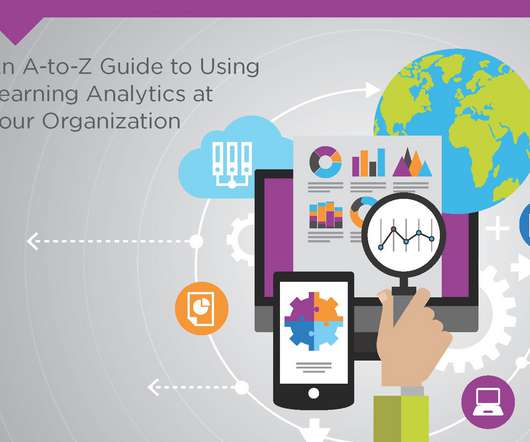Making Connections: Trends in Social Learning
Obsidian Learning
MARCH 11, 2015
Building on the concept of communities of practice , Etienne Wenger (2009) has proposed a social theory of learning. The focus of this theory is “learning as social participation,” in which learners actively participate in the practices of social communities and construct personal identities in relation to these communities.
















Let's personalize your content